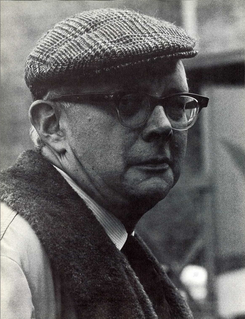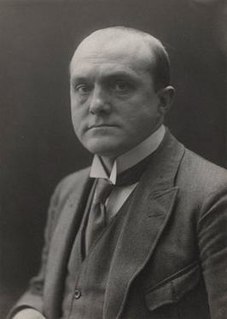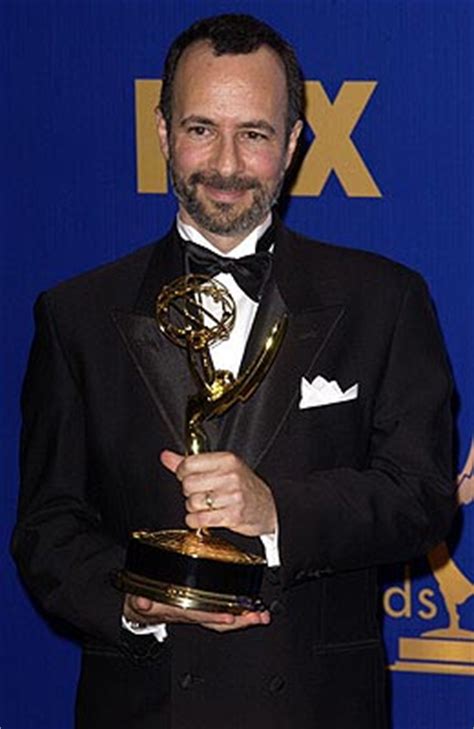A Quote by Charles J. Shields
Engaging and well paced, the book fills in the reality behind Vonnegut's work
Related Quotes
In seventh grade, with some vague sense that I wanted to be a writer, I crouched in the junior high school library stacks to see where my novels would eventually be filed. It was right after someone named Kurt Vonnegut, Jr. So I grabbed a Vonnegut book, 'Breakfast of Champions' and immediately fell in love.
[Kurt] Vonnegut was a writer whose great gift was that he always seemed to be talking directly to you. He wasn't writing, he wasn't showing off, he was just telling you, nobody else, what it was like, what it was all about. That intimacy made him beloved. We can admire the art of John Updike or Philip Roth, but we love Vonnegut.







































